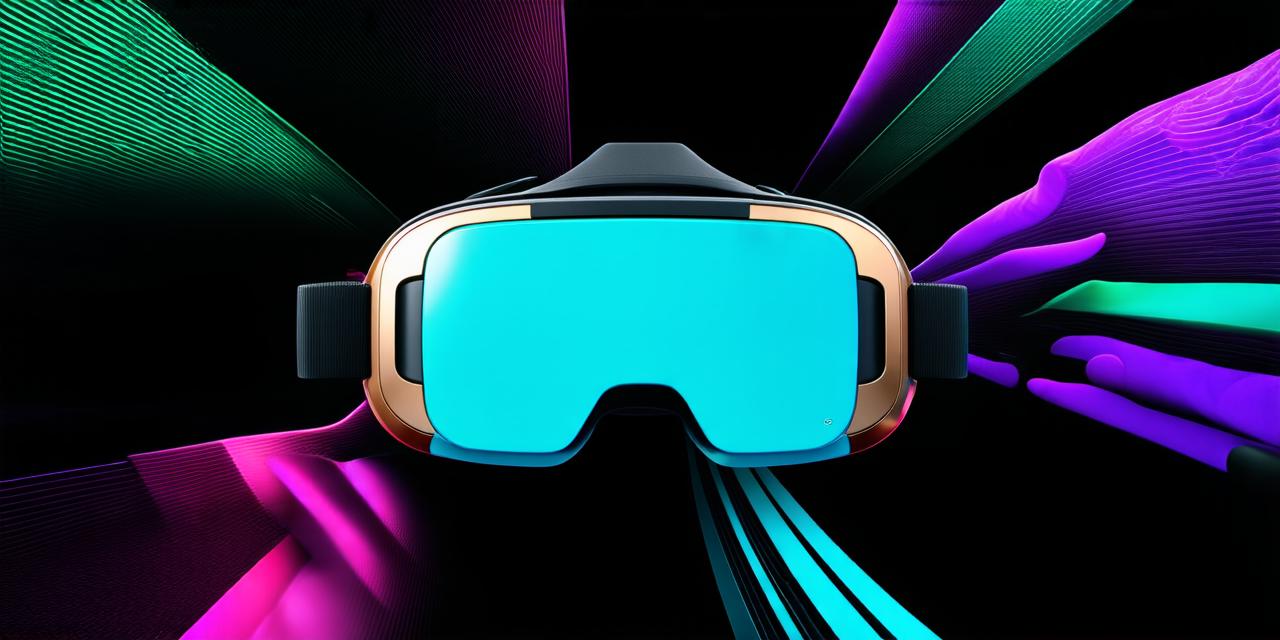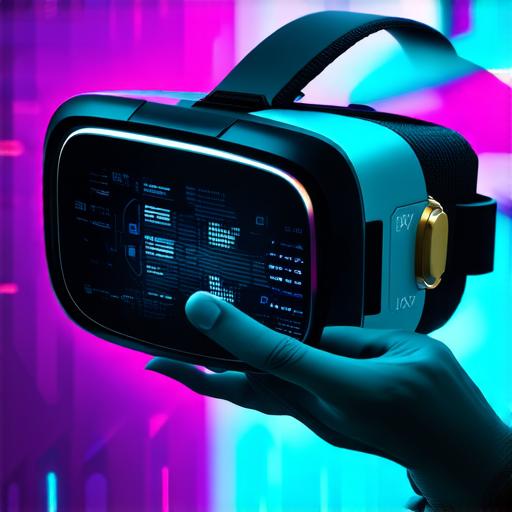
Who owns virtual reality technology?
Virtual reality (VR) technology has experienced significant growth in recent years, offering an immersive experience that simulates a 3D environment. This technology has the potential to revolutionize various industries such as gaming, education, healthcare, and more. As the VR market continues to evolve, questions about who owns virtual reality technology have arisen. In this comprehensive guide, we will explore the ownership of VR technology and its implications for developers.
Hardware Ownership
Virtual reality hardware refers to the devices used to create and experience immersive environments. These devices include headsets, motion controllers, and sensors. The ownership of VR hardware can vary depending on the type of device and its intended use.
For consumer-grade VR hardware such as Oculus Rift and HTC Vive, ownership is typically with the user. These devices are designed for personal use and require a computer to run. In contrast, enterprise-grade VR hardware such as the HTC Vive Pro and Oculus Quest 2 is often owned by businesses and organizations. These devices are designed for professional use and may be leased or rented to employees.
Software Ownership
Virtual reality software refers to the applications that run on VR hardware. Software ownership can also vary depending on the type of application and its intended use.
Consumer-grade VR software is often owned by the user. This includes games, educational programs, and other entertainment applications. In contrast, enterprise-grade VR software is often owned by businesses and organizations. These applications are designed for professional use and may be licensed or customized to meet specific needs.
Intellectual Property Ownership
Intellectual property (IP) refers to the legal rights that protect creative works such as inventions, trademarks, and copyrights. IP ownership can play a significant role in the VR industry, particularly when it comes to patents and copyrights.
For example, Oculus has been involved in several patent disputes with other VR companies such as Samsung and HTC. These disputes have centered around patents for VR technology, including tracking systems and headset designs. Similarly, VR game developers may own the IP rights to their games, preventing others from using or modifying them without permission.

Case Studies in Virtual Reality Ownership
Consumer-Grade VR Ownership
One example of consumer-grade VR ownership is the use of VR headsets for gaming. The owner of a VR headset, such as an Oculus Rift or HTC Vive, has complete control over the software and content that they download and install on their device. This allows users to choose from a wide variety of games and applications, giving them greater flexibility in their VR experiences.
Enterprise-Grade VR Ownership
An example of enterprise-grade VR ownership is the use of VR for training and simulation. Businesses and organizations may own and customize VR software to meet their specific needs. For example, a medical company may create a VR simulation to train doctors on surgical procedures. In this case, the company owns the IP rights to the software and can control its use and distribution.
Intellectual Property Ownership
in Virtual Reality
Intellectual property ownership in virtual reality is an area of ongoing legal debate. For example, in 2016, the US Supreme Court ruled in favor of Samsung in a patent dispute with Apple over smartphone designs. This ruling could have implications for VR technology, as patents for tracking systems and headset designs may become more difficult to enforce.
Expert Opinions on Virtual Reality Ownership
Hardware Ownership
According to Dr. Michael Abrash, a leading expert in virtual reality, the ownership of VR hardware will continue to shift as the technology evolves. He predicts that consumer-grade VR hardware will become more affordable and accessible, leading to greater adoption by individuals and small businesses. However, he also expects enterprise-grade VR hardware to remain an important segment of the market, particularly for applications such as training and simulation.
Software Ownership
Dr. Abrash believes that software ownership in VR will continue to be a contentious issue.